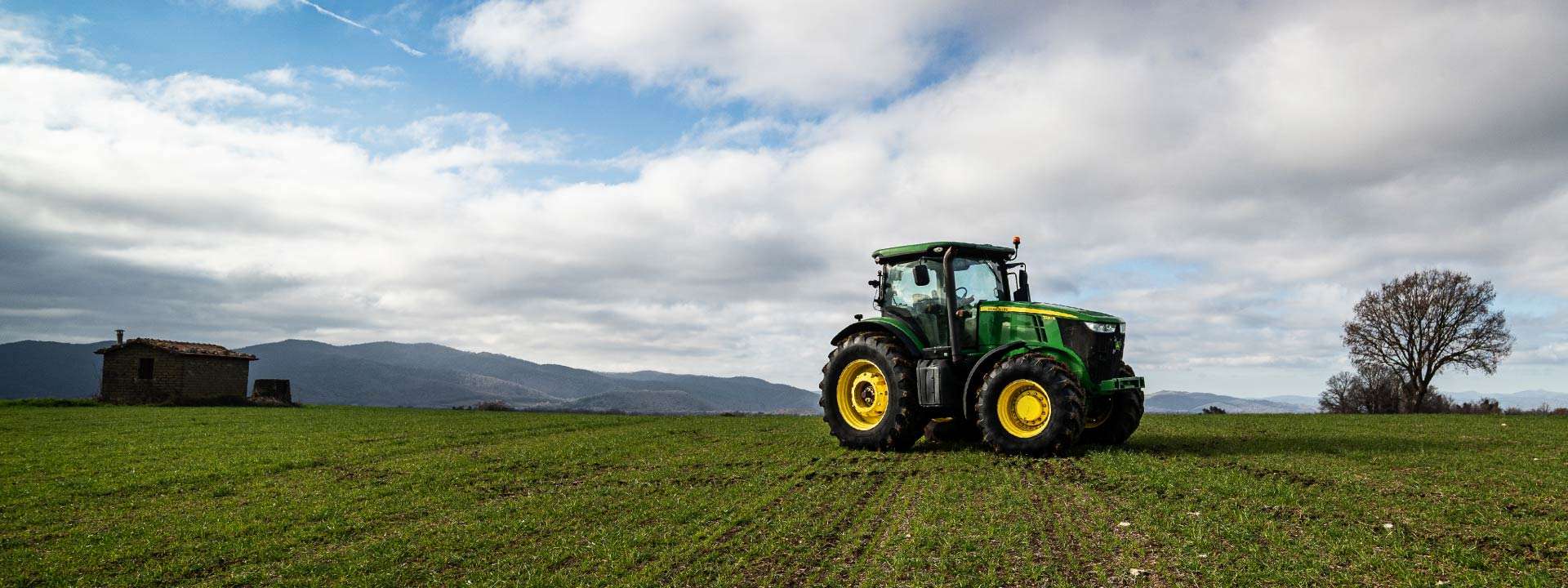What are the Pros and Cons of Organic Farming?
Have you ever noticed that some items in the grocery store are labelled as ‘organic,’ often accompanied by a higher price tag? The term ‘organic’ can have varying interpretations depending on who you ask and is subject to government regulations. Organic food, by definition, originates from organic farms. But what practices are employed in organic agriculture? And what are the associated advantages and disadvantages? Let’s delve into these questions!
What Techniques are Utilized in Organic Farming?
- Agrochemicals from Natural Sources
Every plant relies on various nutrients for healthy growth, with nitrogen and phosphorus being the most crucial. These nutrients exist naturally, but humans have developed methods to supplement them artificially in the soil to promote better, faster, and more consistent crop growth. Although modern synthetic fertilizers and pesticides are highly effective, it’s important to note that humanity has been utilizing naturally occurring forms of these substances for millennia.
Ground bones, animal manure, and certain essential oils have historical uses as fertilizers and pesticides. These substances are naturally found in the environment and typically require minimal processing, making them suitable for organic farming practices.
Many households and farms manage compost piles by blending leftover food and organic matter with soil. As these materials decompose, they release a wealth of nutrients into the soil, creating a nutrient-rich mixture ideal for cultivation. Compost is a widely employed source of fertilizer in organic farming.
- Rotating Crops
Although crop rotation is used in some non-organic farms, it holds particular significance in natural farming. Repeatedly planting the same crop on a piece of land, known as monocropping, can be profitable but detrimental to the soil. It depletes essential nutrients, leads to erosion, and can result in crop failures if not addressed. Organic farming emphasizes changing the crop used each season or every few growing seasons to minimize or eliminate these negative impacts on the soil.
Pros of Organic Farming
Despite its high productivity, modern agriculture has a significantly greater environmental footprint than traditional farming practices. Pesticides can adversely affect native plants and wildlife, leading to a loss of biodiversity and habitat degradation. Overuse of fertilizers can result in nutrient runoff into water bodies, causing eutrophication and negatively affecting aquatic ecosystems, sometimes leading to toxic water conditions. While organic farming doesn’t eliminate the use of agrochemicals, it prioritizes reducing environmental harm.
Crop rotation is an essential practice that fosters the sustainable utilization of land. Allowing the soil time to rejuvenate eliminates the necessity for synthetic fertilizers and the associated adverse consequences. Organic farming promotes sustainability, leading to healthier local ecosystems and more environmentally responsible agriculture.
Organic fruits and vegetables are less likely to contain pesticide residues, making them safer for consumers. Some studies suggest that organic produce may have higher nutrient content due to improved soil quality. Organic farming methods are designed to be sustainable over the long term, reducing the risk of soil degradation and water pollution. Practices such as mulching and reduced irrigation help conserve water resources. Organic farms often sell their products locally, contributing to the growth of regional economies.
Cons of Organic Farming
The significant consequence is the requirement for more land to produce the same quantity of crops compared to conventional farming methods. In regions experiencing rapid population growth, this could pose feasibility challenges and exacerbate the strain on fragile ecosystems if more land must be converted into farmland.
Some organic farming techniques, such as integrated pest management, are highly eco-friendly but demand more manual labour. For example, manually weeding a field necessitates a significant workforce. Additionally, because organic yields tend to be less predictable, there is an increased risk of unprofitable years when crops fail. However, it’s crucial to factor in the current market prices for organic produce. Despite the higher production costs compared to conventional farming, farmers can still realize greater profits thanks to favourable market prices.
The demand for organic products can be volatile, making it challenging for organic farmers to predict market trends. Organic farms may struggle with weed control, as chemical herbicides are not used. This can require more labour-intensive practices.
Organic farming offers numerous environmental and health benefits, making it an attractive choice for many farmers. Ultimately, the decision to embrace organic agriculture should consider the advantages and limitations of this agricultural approach. It’s essential to strike a balance that aligns with sustainability goals, consumer preferences, and economic viability.
Read more

